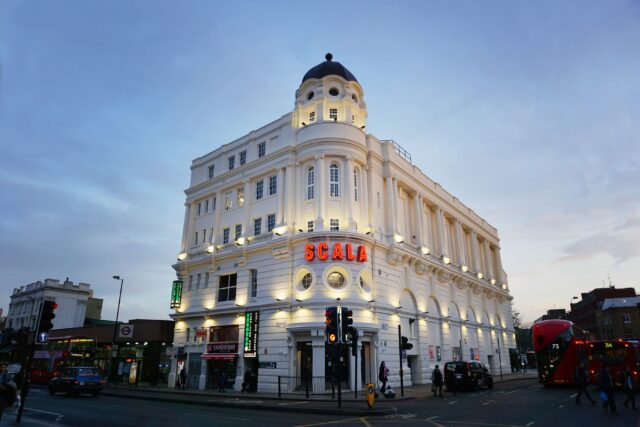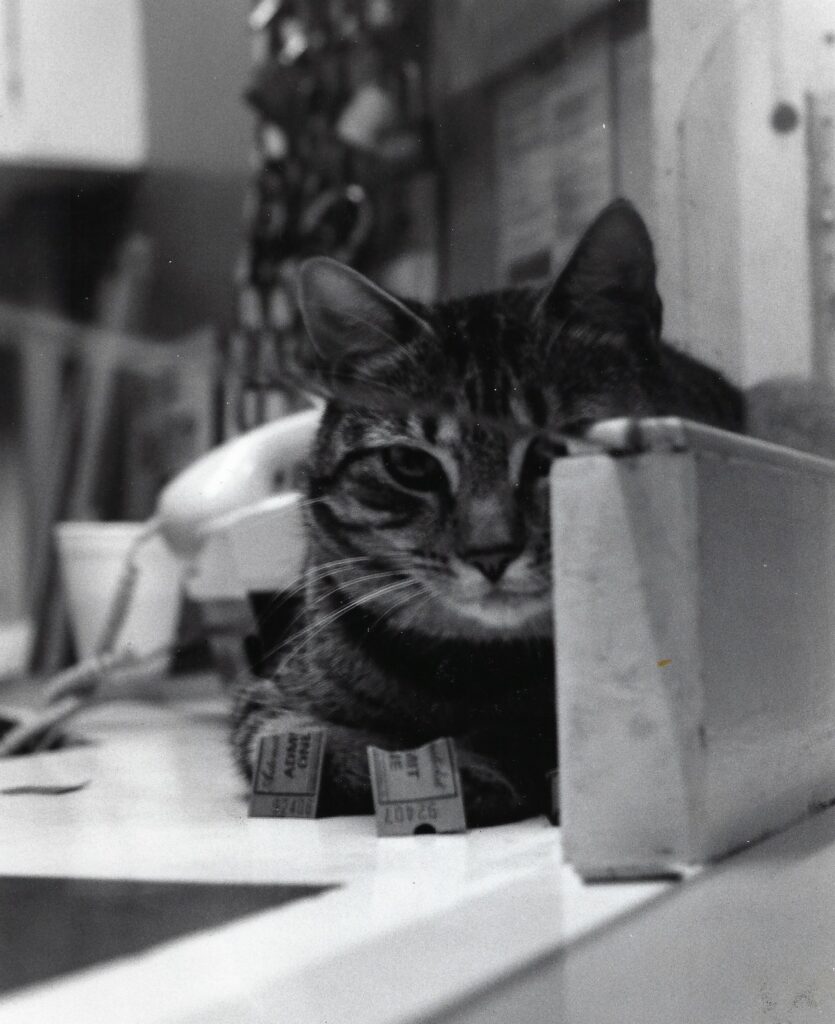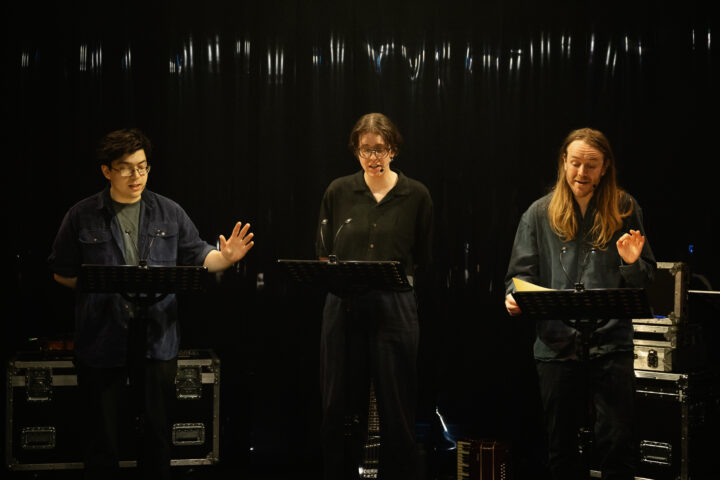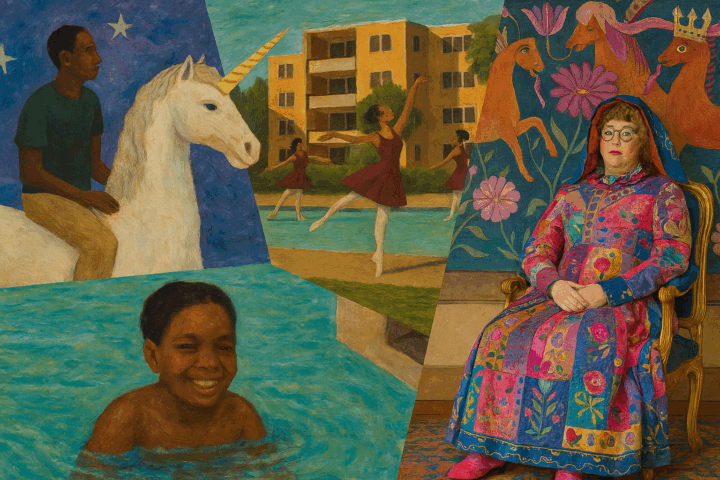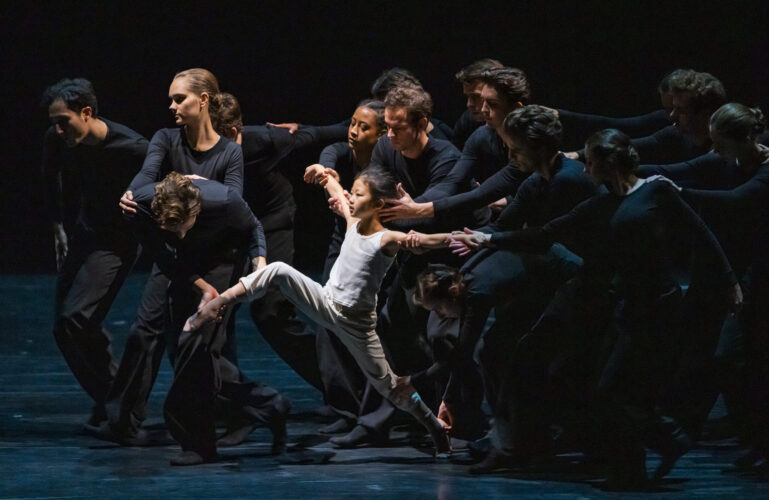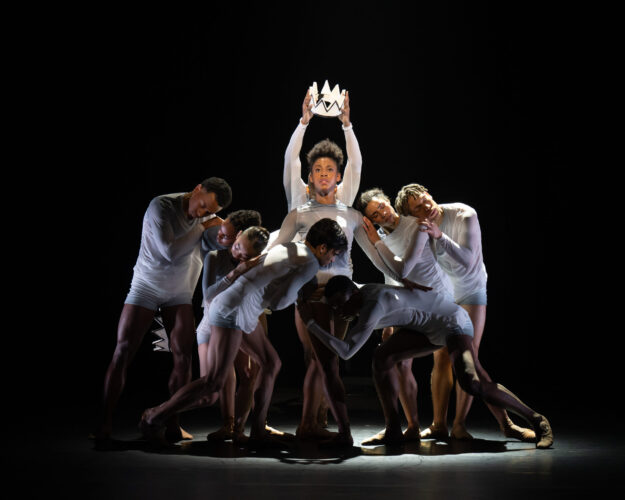Scala!!! A Film Tribute To A Legendary Cinema
The era of small, intimate repertory cinemas has largely passed, with most now shuttered. These venues peaked in popularity from the early 1980s through the mid-to-late 1990s, well before streaming became the norm. These tiny picture palaces catered to adventurous audiences, offering eclectic double bills—where a cult horror film might be paired with a European arthouse classic. Among them, the most iconic (and certainly the wildest) was London’s Scala. The Scala helped shape the cultural lives of an entire generation of cinephiles. A newly released documentary charts the cinema’s rise and fall, and it’s an absolute delight—shedding light on one of the most unusual chapters in film history.
In the documentary, cult American director John Waters describes the Scala as a place that “had magic”. It was like joining a club—a very secret club, like a biker gang or something. It’s like a country club for criminals and lunatics and people who were high. Which is a good way to see movies.”
Founded as a counterpoint to the more reverent National Film Theatre, the Scala was initially located on London’s Scala Street and quickly became the go-to spot for filmgoers seeking something different. Operating as a cinema club that required membership, the Scala cleverly bypassed some of Britain’s stricter censorship laws—allowing it to screen films unavailable anywhere else. It was more than just a cinema; it was a cultural sanctuary for the rebellious, the curious, and the cine-obsessed.

Despite its early success, the cinema’s founder—award-winning producer Stephen Woolley—was eventually forced to relocate the Scala when its original site was repurposed to make way for the then-new Channel Four. The cinema’s new home became a former music venue in London’s infamous King’s Cross, an area at the time notorious for drugs and prostitution. Yet it was here, in the midst of this gritty and dangerous district, that the Scala truly came into its own.
Against all odds, the Scala managed to carve out a reputation as a creative refuge—a home away from home for a generation of artists, outsiders, and cinephiles. Former programmer Jane Giles, now head of film and video distribution at the British Film Institute, reflected on the experience in an interview with The Guardian:
“It was a thrilling experience. Part of that thrill was that you walked out [of the station] into the Badlands of King’s Cross. You then quite quickly found your way to this palatial building, like some sort of bonkers white castle that you see on the logo of Disney.”
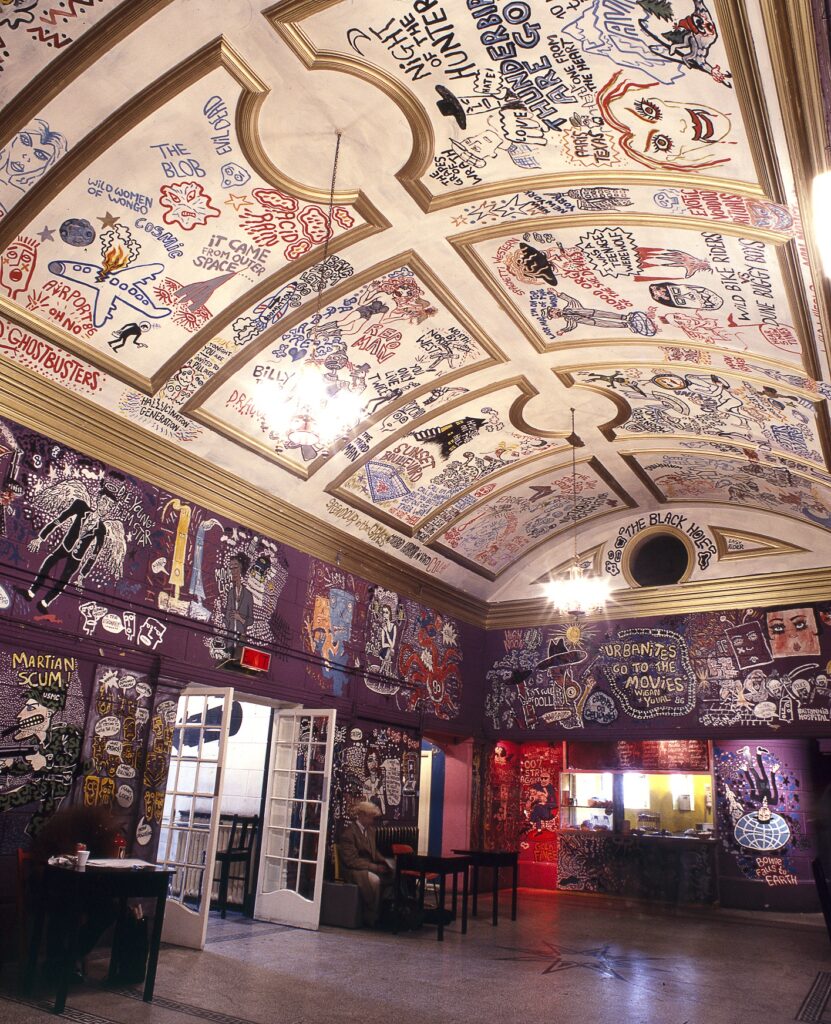
Those who frequented the Scala were, in many ways, even more remarkable than the building itself. Among them were a pre-fame Boy George—just months away from his breakout appearance on the BBC’s Top of the Pops—and future Oscar-nominated director Christopher Nolan. The Scala was the place to see films of every variety. From European classics to all-night gore fests and everything in between, it quickly earned a reputation as one of the most talked-about cinemas in the world.
The Scala held particular significance for two key communities in London at the time. It was a vital space for Black filmmakers—such as the Black Audio Film Collective—who, during the 1980s, created groundbreaking work exploring Black British identity. It also became a sanctuary for the city’s burgeoning gay community, who were grappling with the dual crises of the HIV/AIDS epidemic and Clause 28, a piece of legislation aimed at prohibiting the so-called “promotion of homosexuality.” This law had a chilling and deeply damaging effect on a whole generation of queer people. At a time when positive representations of LGBTQ+ lives were nearly impossible to find, the Scala offered rare and affirming visibility. It quickly became a haven for the queer community.
Former duty managers, programmers, and graphic designers who worked at the Scala during its heyday appear in the documentary to share both hilarious and, in one case, profoundly moving stories about its lesser-known patrons. One duty manager recalls having to remove a customer who staff initially assumed was asleep—only to discover he had died of a heart attack. As it was a packed screening, she attempted to discreetly remove the body without alerting the rest of the audience.
Another tale recounts a screening disrupted by a wave of panic when one of the cinema’s resident cats wandered into the theater during a slasher film and brushed against the ankles of several unsuspecting audience members—setting off a chain reaction of shrieks and hysteria.
Another particularly moving story featured in the documentary is that of a troubled teenager, whose personal tragedy unexpectedly transforms into something far more hopeful and life-affirming than anyone could have imagined. It’s in these moments that the film truly shines—demonstrating how a deep sense of community was forged in such an unlikely place. The documentary powerfully reminds us just how vital that sense of belonging is, especially today, when so much of our time is spent alone on screens. It celebrates the joy of coming together to experience films as a collective—a practice that feels increasingly rare and precious.
To mark the release of Scala!!!, the British Film Institute has been screening a selection of films that once graced the cinema’s iconic programme. These include The Enigma of Kaspar Hauser, now widely regarded as Werner Herzog’s masterpiece about an abandoned boy in 19th-century Germany, and La Bête, a bizarre, erotically charged curiosity by Walerian Borowczyk—a surreal and provocative reimagining of the Beauty and the Beast myth.
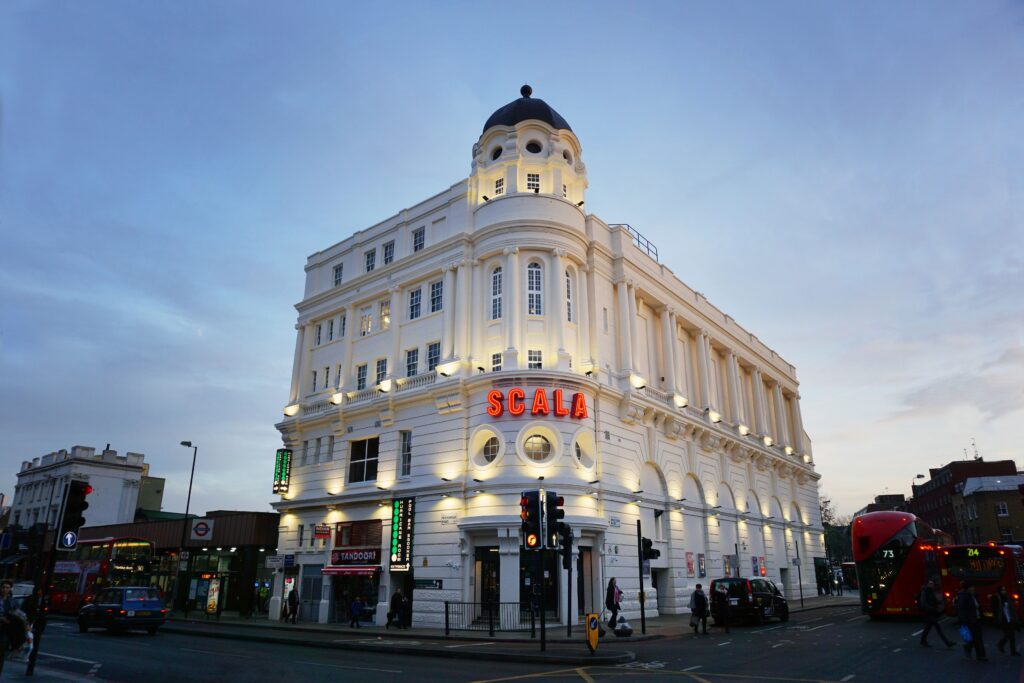
- The Restoration of Napoleon: A sixty year cinematic detective story
- Sundance 2023
- ‘Jakinta’ short zoom comedy
- The Last Film Show: The successful passion of a child
- Cinema Made in Italy – London 2019
